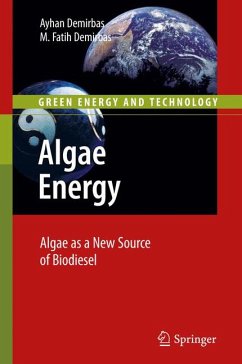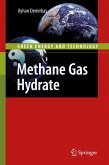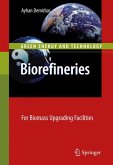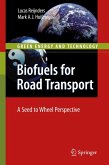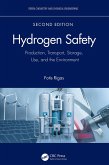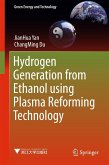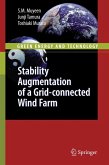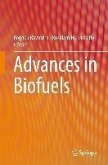Algal oil can be an important source of biomass and algae's ability to grow almost anywhere has encouraged scientists to also investigate its potential as a source of biodiesel. Algae Energy covers the production of algae culture and the usage of algal biomass conversion products. It also reviews modern biomass-based transportation fuels, including biodiesel, bio-oil, biomethane and biohydrogen.
Each chapter opens with fundamental explanations suitable for those with a general interest in algae energy and goes on to provide in-depth scientific details for more expert readers. Algae energy is discussed within the wider context of green energy, with chapters covering topics such as:
. green energy facilities;
. algae technology;
. energy from algae; and
. biodiesel from algae.
Algae Energy addresses the needs of energy researchers, chemical engineers, fuel and environmental engineers, postgraduate and advanced undergraduate students, and others interested in a practical tool for pursuing their interest in bio-energy.
Dieser Download kann aus rechtlichen Gründen nur mit Rechnungsadresse in A, B, BG, CY, CZ, D, DK, EW, E, FIN, F, GR, HR, H, IRL, I, LT, L, LR, M, NL, PL, P, R, S, SLO, SK ausgeliefert werden.
"Ayhan Demirbas (Sirnak Univ., Turkey) is the most widely cited author in the alternative energy field. ... This slim ... volume presents the promise of biofuels in the context of dwindling fossil energy supplies. ... The text is clearly and accessibly written ... confidently predicting that 'algae will become the most important biofuel source in the near future' because its use for biodiesel 'has no disadvantages.' ... Summing Up: Recommended. Upper-division undergraduates through professionals, two-year technical program students." (M. K. Bomford, Choice, Vol. 48 (7), March, 2011)

